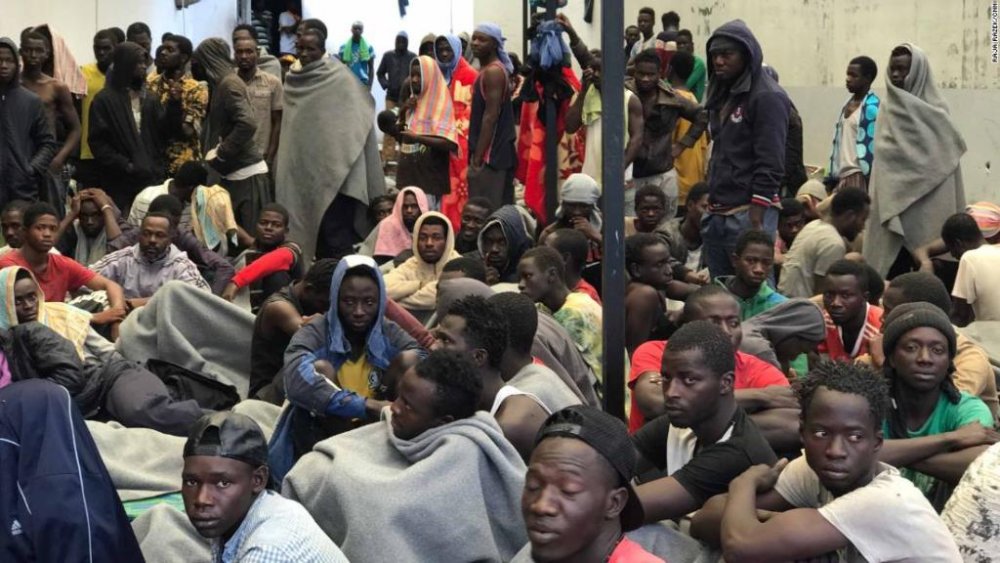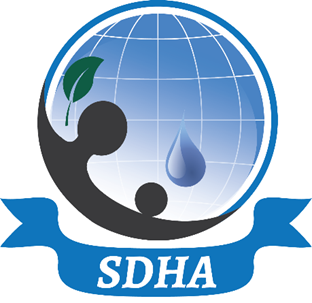
The world is on alert after unfolded news of migrants being sold in Libya. The news boosted voices of international community and human rights bodies that condemn the brutal and “inhuman” acts.
The Statement of the Chairperson of the African Union Commission on the tragedy of African Migrants in Libya of November 17, 2017 condemns the act.
He expresses the determination of the African Union to spare no effort to help bring these acts to an end and ensure the respect of the most basic human rights.
He requests the African Commission on Human and Peoples’ Rights to urgently launch an investigation in support of the measures announced by the Libyan authorities and to submit its conclusions as soon as possible to ensure timely follow-up and action.
African leaders also condemned that plight and some started planning for allocating space for migrants caught up in Libya.
The Government of Rwanda declared the will to assist in finding comfort for migrants in need. On its website, the 22nd November statement of Rwanda Ministry of Foreign Affairs, Cooperation and East African Community reads: “….The Government and people of Rwanda stand in solidarity with our African brothers and sisters still held in captivity. Rwanda may not be able to welcome everyone but our door is wide open. We are ready to work closely with the African Union, the private sector, as well as other friends and partners to ensure that we can provide minimum comfort to those in need.”
The Slavery was abolished on , 2 December 1949 through the adoption of the resolution 317(IV) adopted by General Assembly, of the United Nations Convention for the Suppression of the Traffic in Persons and of the Exploitation of the Prostitution of Others
Since then, the international related commemoration is celebrated every year with the focus eradicating contemporary forms of slavery, such as trafficking in persons, sexual exploitation, and the worst forms of child labour, forced marriage, and the forced recruitment of children for use in armed conflict.
-
An estimated 40.3 million people are in modern slavery, including 24.9 in forced labour and 15.4 million in forced marriage.
-
There are 5.4 victims of modern slavery for every 1,000 people in the world.
-
1 in 4 victims of modern slavery are children.
-
Out of the 24.9 million people trapped in forced labour, 16 million people are exploited in the private sector such as domestic work, construction or agriculture; 4.8 million people in forced sexual exploitation, and 4 million people in forced labour imposed by state authorities.
-
Women and girls are disproportionately affected by forced labour, accounting for 99% of victims in the commercial sex industry, and 58% in other sectors.
